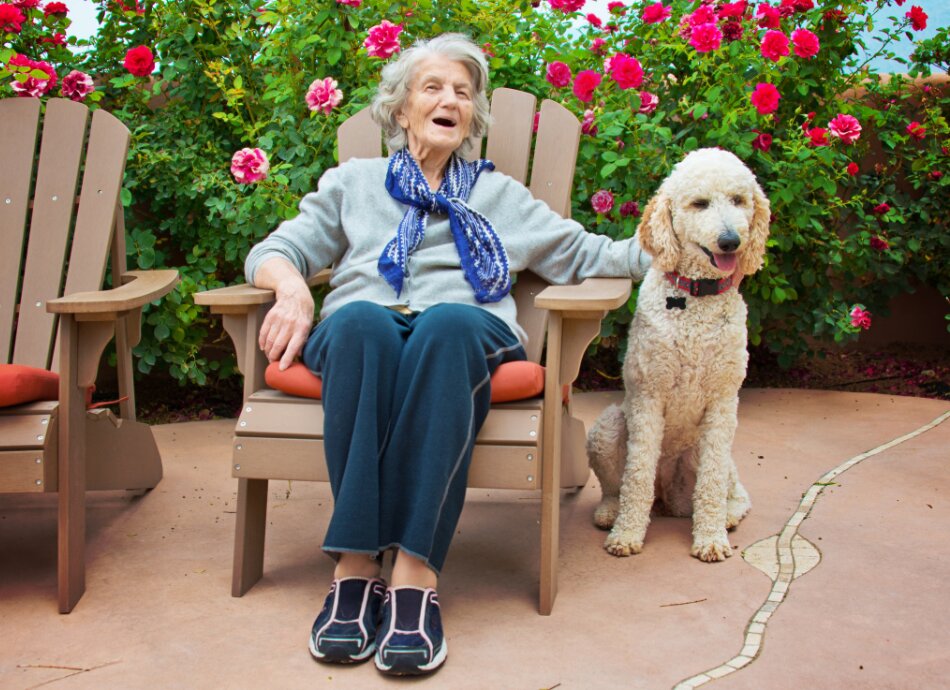Weakness and fatigue in palliative care
Key points about weakness and fatigue with a terminal illness
- Fatigue is a feeling of extreme tiredness and lack of energy.
- Weakness and fatigue are very common near the end of life. It’s still important to do as much for yourself as you can, but make sure you find time to rest.
- Many things can contribute to the experience of fatigue near the end of life.
- If you have a medical condition or any obvious causes of fatigue are found, treatment will focus on the condition or cause.
- There are several things you can do to help you manage weakness and fatigue.

The causes of weakness and fatigue near the end of life are not always known. Often there are multiple causes. Common causes include:
- medicines such as opioids, benzodiazepines or tricyclic antidepressants
- infection
- sleep disturbances
- symptoms due to illness such as pain, nausea and vomiting or constipation
- treatment such as radiotherapy, chemotherapy or surgery
- metabolic disturbances such as high blood calcium, high blood sugar, low potassium, high sodium, low magnesium, low blood count (anaemia), renal failure, liver failure and dehydration
- poor nutrition
- emotional causes such as depression, anxiety, stress
- weight loss due to illness (cachexia) or loss of appetite
- other accompanying illnesses such as cancer, heart disease, liver disease, thyroid disease and motor neurone disease.
It is quite common to feel tired and weak when you require palliative care. Other symptoms can include:
- low energy
- poor concentration and motivation
- muscle weakness
- requiring help from others to move
- poor or disturbed sleep
- difficulty carrying out daily activities such as cooking, washing and dressing
- feeling irritable and lacking confidence
- poor short-term memory
- feeling depressed and anxious.
See your doctor if you experience any of these symptoms.
Your doctor may ask you some questions to find out the possible causes of your fatigue. You may need to complete a fatigue diary to monitor the timing of your tiredness and how it is affecting your daily life.
Your doctor may also do a physical examination and carry out tests, such as blood and urine tests, to better understand what is causing your symptoms.
If the fatigue relates to your medical condition or the related causes listed above, treatment will focus on the condition or cause. If there is no medical cause, treatment will focus on self-care. Talking therapy (counselling) may be useful if you are feeling anxious or depressed.
Self-care tips
- Use your energy for the things you enjoy – accept help with less important activities such as household chores.
- You may need to move things around your house so you don’t have to walk so far between the areas of the house you use the most.
- Talk with your care team about services and equipment available to support your daily activities.
Read more about self-care for fatigue.
Apps reviewed by Healthify
You may find it useful to look at some Breathing apps and Pain management apps.
The following links provide further information about weakness and fatigue in palliative care. Be aware that websites from other countries may have information that differs from New Zealand recommendations.
Weakness and tiredness in palliative care(external link) HealthInfo Canterbury, NZ
Managing fatigue in palliative care(external link) HammondCare, Australia
Fatigue(external link) Marie Curie, UK
Managing the symptoms of cancer(external link) Macmillan Cancer Support, UK
Apps
Breathing apps
Pain management apps
References
- Weakness and fatigue in palliative care(external link) Auckland HealthPathways, NZ
- Fatigue(external link) Marie Curie, UK
- Weakness/fatigue(external link) Scottish Palliative Care Guidelines, UK
Credits: Healthify editorial team. Healthify is brought to you by Health Navigator Charitable Trust.
Reviewed by: Dr Karen Chung
Last reviewed:
Page last updated:





